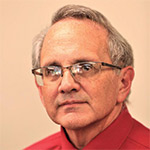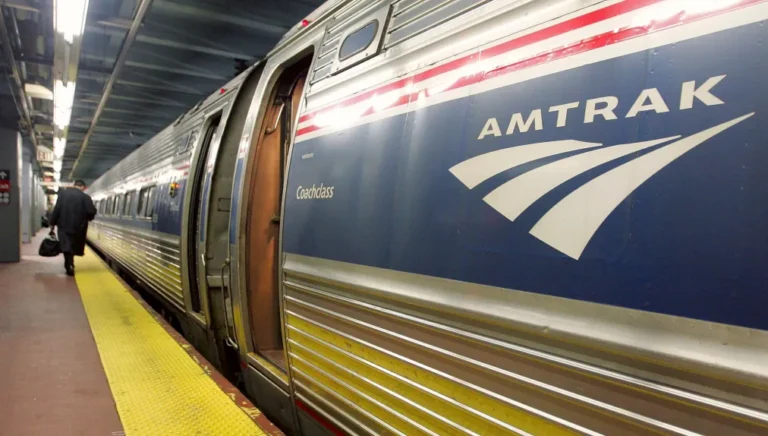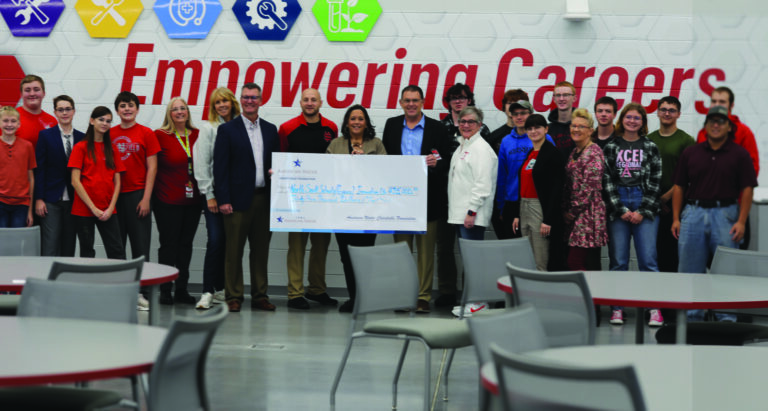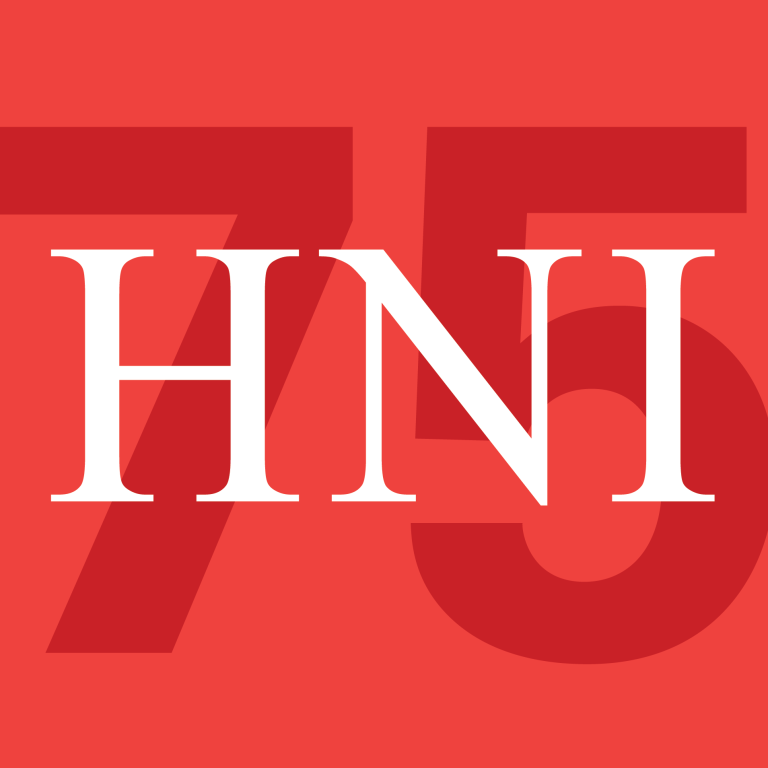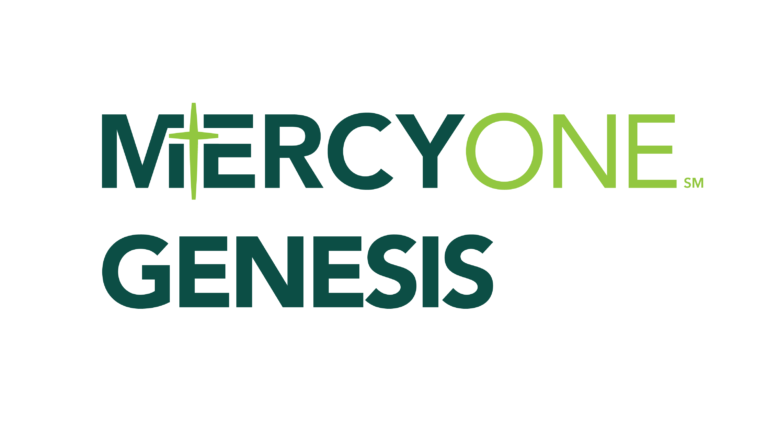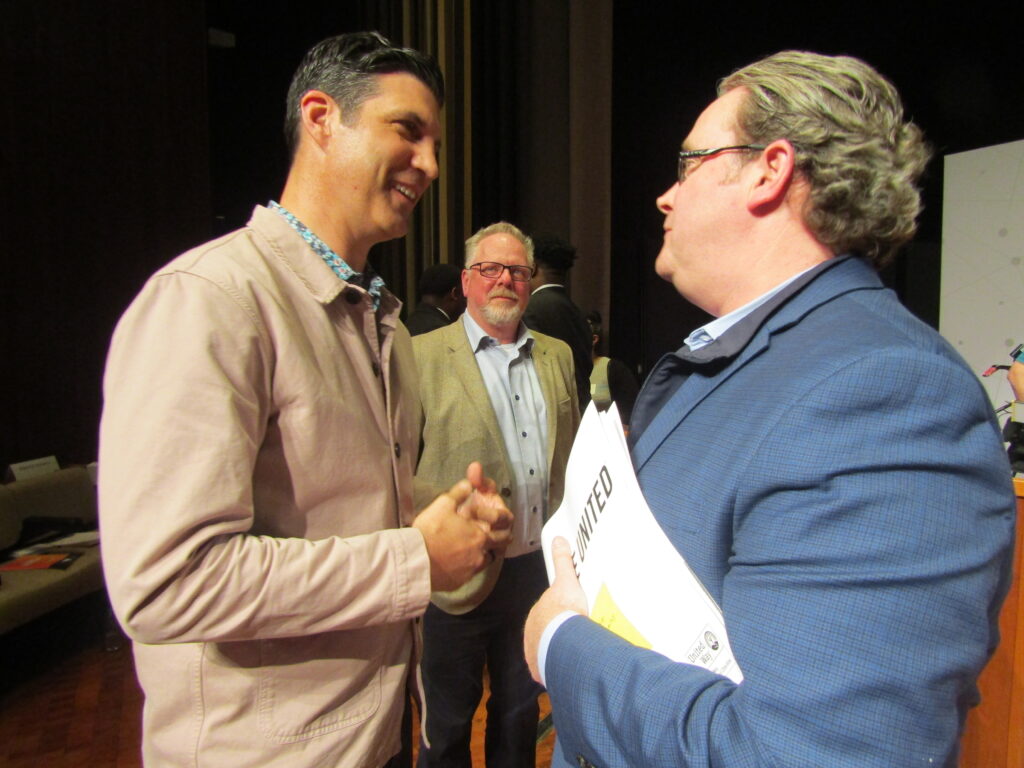
Josh Jepsen (left), Deere & Co. senior vice president and chief financial officer, talks with authors Brian Crimmins (right) and Nathan Chappell on Wednesday, April 5, during a United Way Quad Cities meeting at Deere & Company World Headquarters in Moline. CREDIT DAVE THOMPSON
The “ripple effects” of generosity will help improve the lives of many in the Quad Cities. But more work needs to be done and more people need to be at least a little bit more generous with their time, talents and money.
Those were some of the key messages delivered late Wednesday afternoon, April 5, during a United Way Quad Cities…

Want to Read More?
Get immediate, unlimited access to all subscriber content and much more.
Learn more in our subscriber FAQ.
Do you want to read and share this article without a paywall?
